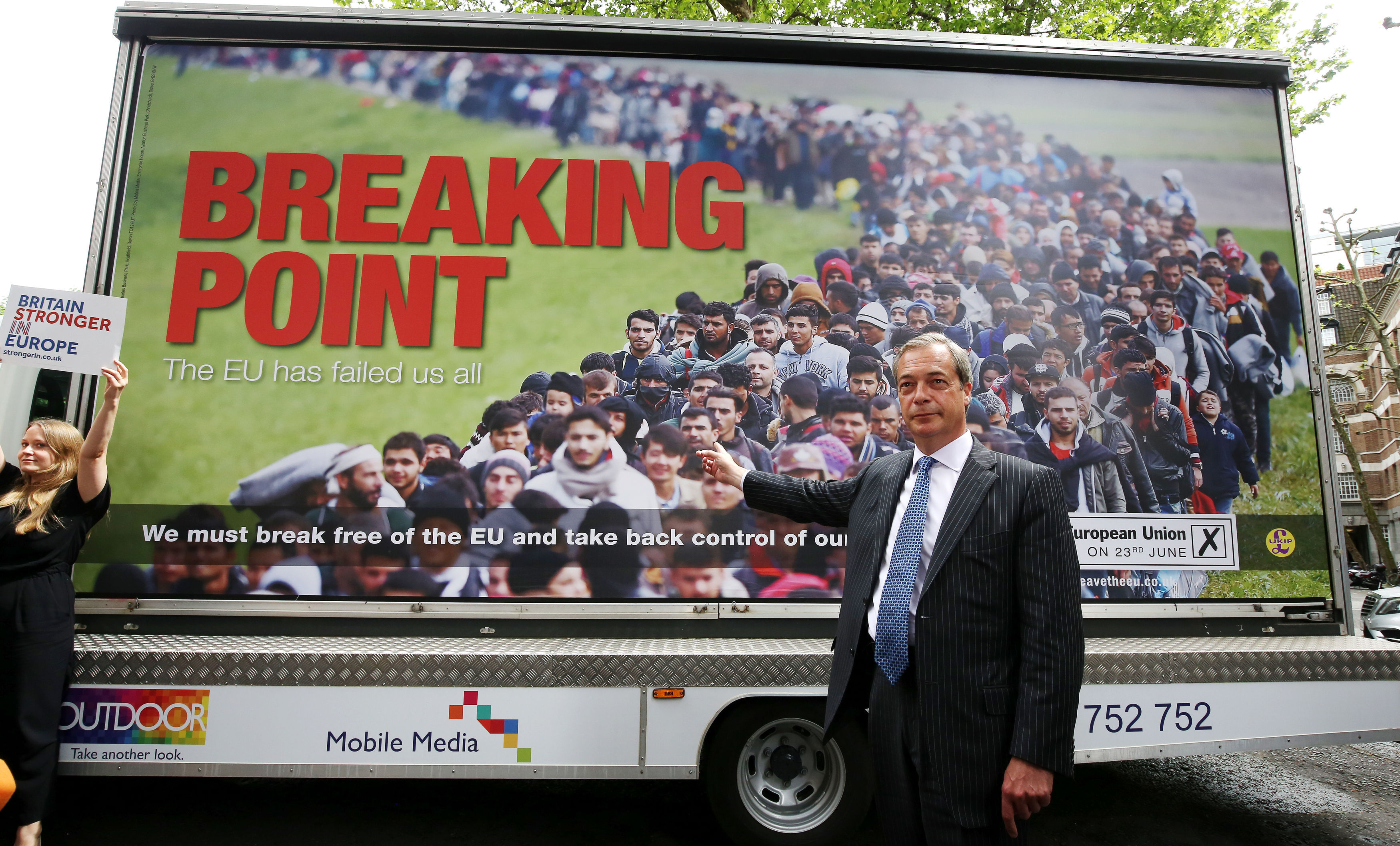Merry Christmas, one and all. Here is hoping that you and yours have had, and continue to have, a wonderful festive period. It is amazing the difference a few genuinely warm words makes to so many people at this time of year.
That can get you thinking about language, and its importance.
For the year which is almost finished has been one during which our collective grasp of words has been critical.
Looking at political campaigns, some might call it: “Lies, damned lies, and a lack of statistical evidence.”
The hatred, bile and unforgivable – often willing – ignorance which has spewed from the mouths of certain politicians and their acolytes cannot be tolerated in 2017, or we will end up in a sorry mess.
That means those people whose voices could be powerful need to actually create meaningful vibrations from deep in their larynx and say something of substance.
That means, Prime Minister, no more “Brexit means Brexit”.
No one cares what range of colour schemes it is wrapped in – although I’d prefer tangerine and black to red, white and blue – when the substance of the package will impact on all of our lives.
As such it is vital we take back control, to use the year’s most effective sound bite, of the narrative around what kind of country we want to live in.
Do we want it to belong to the likes of Nigel Farage? A man who decided to wish the public a Merry Christmas by urging us to “ignore all the negative messages from the Archbishop of Canterbury and have a great day”?
Just what had Justin Welby done to get up the ex-Ukip leader’s nose?
He had published an online message saying: “Jesus came to us homeless and in a manger. This Christmas please pray with me for the poor, hungry and homeless, here and abroad.”
Merry Christmas. Ignore all negative messages from the Archbishop of Canterbury and have a great day!
— Nigel Farage (@Nigel_Farage) December 25, 2016
Jesus came to us homeless and in a manger. This Christmas please pray with me for the poor, hungry and homeless, here and abroad.
— Archbishop of Canterbury (@JustinWelby) December 25, 2016
Maybe I should get a plaster for my bleeding heart but I actually care more about the fact that, in Scotland alone last year, 37,520 people were registered homeless, of which 11,200 were children than I about declaring “independence day”.
Indeed, if we want to make the UK great again – to paraphrase another line with incredible cut through but very little substance – perhaps we should take heed of these so-called negative messages and resolve to do something positive, rather than throwing up walls, which are for now metaphorical.
We should expect no less, however, from a man who blamed a terrorist attack in Berlin on Angela Merkel and decided that Brendan Cox, the husband of former Labour MP Jo Cox murdered by a rightwing terrorist, “would know more about extremists than me” because of his links to the anti-fascist organisation Hope Not Hate.
So where is the coherent opposition to such outbursts?
While Theresa May is stuck on a rhetorical loop like a talking Christmas toy running out of batteries, it’s certainly not coming from Labour.
Jeremy Corbyn is near silent, and shamefully so. He is so ineffectual that it is Labour seats where Ukip is making its biggest inroads.
Meanwhile, here in Scotland we slap each other on the back and talk about how different we are because we voted remain. How tolerant we are because we have, in times of devolution, always elected governments who call themselves centre-left.
All this self-congratulation masks the fact that we have many of the same issues, albeit on a smaller scale and offset by political leaders – particularly Nicola Sturgeon – willing to speak out.
Let’s end on a note of optimism. The way to change this in 2017 is to make it a year of ideas. Of dialogue and discourse, not insults and harassment.
Together, with our different voices, we can – and must – make that happen.
